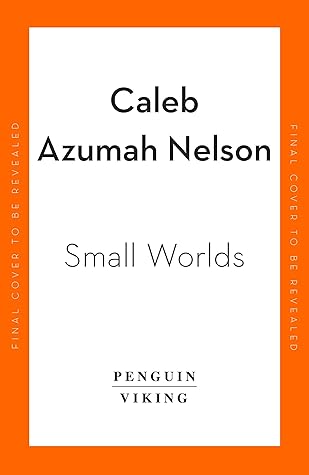More on this book
Community
Kindle Notes & Highlights
I gaze at my parents, and see that a world can be two people, occupying a space where they don’t have to explain. Where they can feel beautiful. Where they might feel free.
At the door, you’ll find Uncle D, who is no blood relation to anyone and yet related to everyone. He’s a joyous man in middle age, always wearing aviators with clear lenses. I’ve never known if he’s officially employed by the shop, but early afternoon, you’ll find him shuffling and sweeping, pointing out items to customers, smiling and laughing.
Auntie understood that anger was a necessary emotion but often it was misdirected; and its misdirection was how the death we knew in multitudes multiplied further, and much of this misdirection emerged from not having space.
As we were playing, my fingers slipped, an odd note coming from my horn. The mistake didn’t go unnoticed, but we continued on. It made me grateful for the freedom to be in that space, to make a mistake; and how that mistake might be beautiful to the right ear; how Del heard that odd note and followed with her own, adjusting her thrum; how the rest of us followed that twist and shift, surrendering to whatever unknown we were going towards. It was there that I noticed I only really knew myself in song. In the quiet, in the freedom, in the surrender.
To go back home is to wrangle with who you are against who everyone thinks you should be.
‘Don’t be scared of being honest, being yourself.
Grief never ends, but we find a way to walk in the light someone has left behind, rather than living in pain’s shadow.
I say, I’ve always felt something pushing from just under the surface of me, some instinct to express who I am, how I feel. To say, I am here. I grew up speaking English but being spoken to in Ga, my mother’s language. Annie nods as I say this, a smile of understanding; so, emboldened, I carry on. I came to both languages through violence:
the Ga I speak was warped and muted, many years ago, after British invasions, the same invasions which are the reason I speak English. Language, then, has always struck me as less tool than burden. It’s always caught between somewhere, something always lost between expression and emotion. This is the reason I have always turned to sound; how a croon can signal heartbreak or a yell can speak to our elation, or a groan might speak our grief. Music, rhythm, undeniable. Sound helps us get closer to what we feel. Besides, language always has to be so exact and I never know exactly how I feel.
...more


